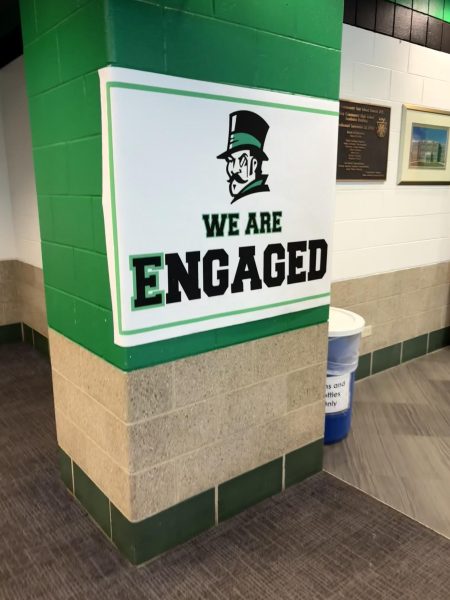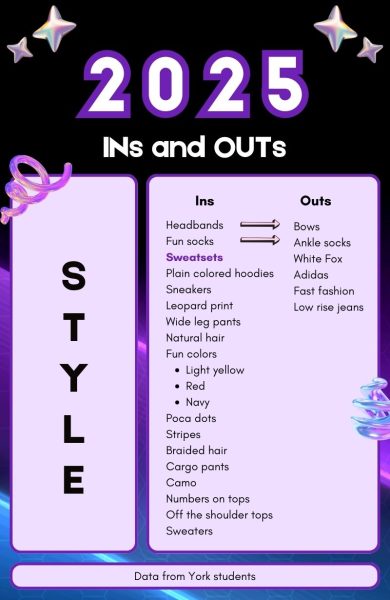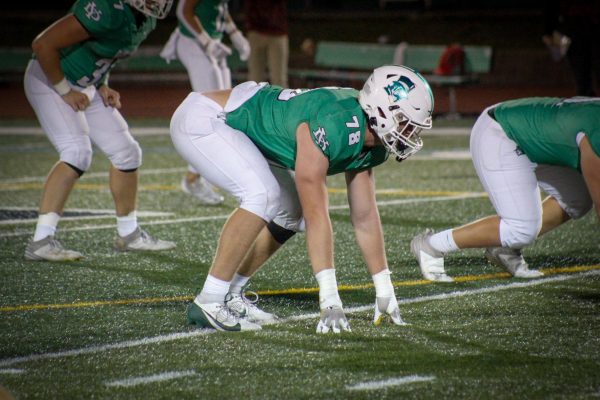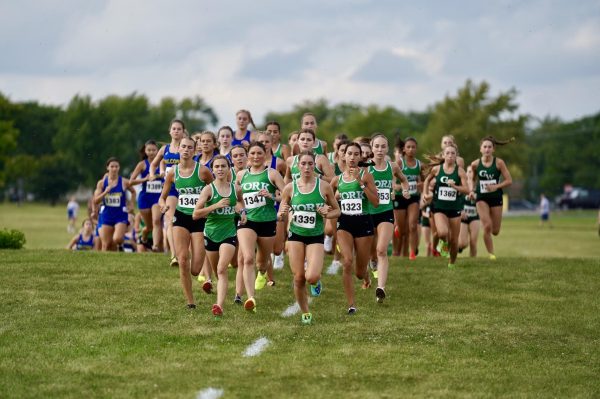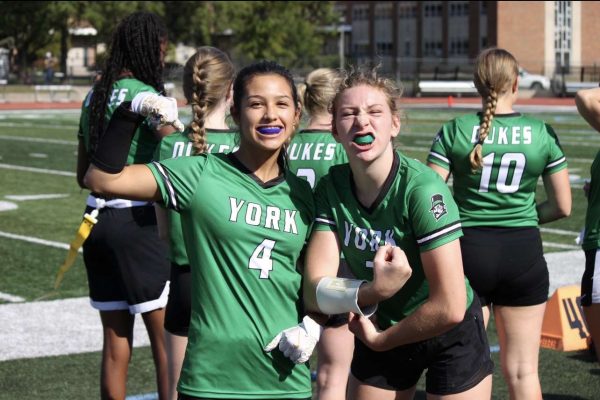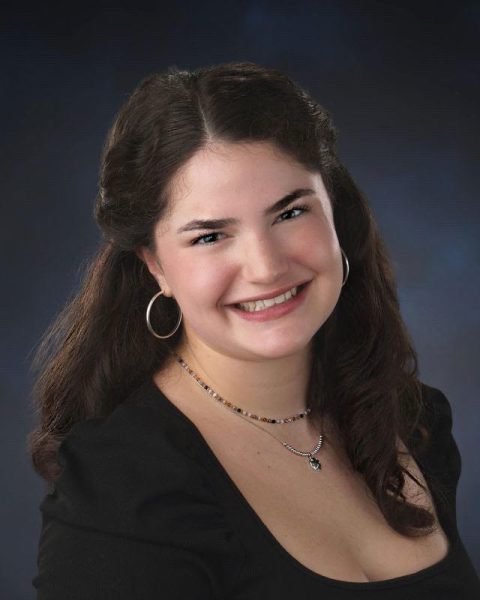Are they watching you?
This year has been full of ups and downs with Chromebooks. There have been positive and negative emotions that surround these new devices. One issue that seems to surround Chromebooks is the idea of censorship and privacy.
What can teachers really see when you are on your Chromebook? When can they see these activities? Why are some sites blocked on the Chromebooks? All of these smaller issues play a part in a larger, more complicated question, “Why are we doing what we are doing with the Chromebooks?”
Students, staff, and administrators all have their differing opinions on the issue of censorship with the Chromebooks.
An extremely popular issue that is prevalent with students and staff alike is the use of Hapara. Hapara is a website that allows teachers to send students documents, communicate with students, and also to monitor internet activity.
Instead of receiving hundreds of emails each time a teacher shares a document with you, Hapara allows one click of a button and a teacher is able to put a document into your drive, without the hassle that emails bring.
Hapara also lets teachers interact with students. Teachers can send messages to students that appear at the bottom of their screens. Not all students always check their email, so Hapara provides a quick way for teachers to communicate with students.
The most controversial use of Hapara is that teachers are able to monitor and track a student’s internet activity. By using Hapara, teachers can see the tab that a student currently has open. The teacher also has the ability to shut down a tab that they feel should not be open by clicking a button on their Hapara screen.
Students seem to be concerned about the lengths that teachers can go when monitoring a student’s internet activity, “I am afraid that the teachers [and administration] are going to abuse their power,” said sophomore Esther Povh.
Dr. Chris Covino, Assistant Principal for Curriculum and Instruction, sheds some light on what the administrators and staff can and cannot see in regards to Hapara.
“[Hapara] only works inside of the Wi-Fi system at York, so as soon as your computer leaves the building, Hapara no longer operates,” said Dr. Covino. “We have actually scheduled Hapara to start at at 7:00 and end at 3:30”.
While many students will be relieved that they cannot be monitored outside of school, they are still concerned about the capabilities teachers and administrators have while inside the building.
Molly Mayfield, junior, also agrees that Hapara has the potential to be an invasion of privacy.
“It seems wrong that teachers can see what students are doing with their Chromebooks in other classes and that they can close tabs, even when the students aren’t in their class at the time,” said Mayfield.
“The only people who can observe what is going on using Hapara [are] the teachers of your classes,” said Dr. Covino. “It’s not like I’m sitting here in my office looking at what all of the kids are looking at on their screens.”
Students definitely have their opinions about the use of Hapara, but teachers also have reasons of their own to support using it at times.
“The only time that I actually open it [Hapara] is when I walk around the room and notice that somebody was playing a game, and then I go and open it up,” said Ms. Parrini, an English teacher. “When they [students] get on and open up their Chromebooks, I don’t automatically get on. I wait until something happens, and then I open it”.
Hapara certainly has its benefits, but it also has its drawbacks. Since Hapara has the ability to see what is on a student’s screen, it is perfect for supplying teachers with websites that students constantly use for non-school related things. One big controversy was the blocking of Netflix at school.
“That [blocking Netflix] means that we can’t use [it] during lunch or study hall,” said sophomore Karen Sylvester.
Dr. Covino provides reasoning as to why Netflix was banned from school.
“One of the reasons we blocked Netflix was because we were noticing that students were going in times when we did not necessarily think it was appropriate,” said Dr. Covino. The other reason caters to Sylvester’s complaint about how students are unable to access Netflix in their lunch periods or study halls. “Streaming video is one of the highest data uses… We have a certain amount of bandwidth in the building, and if we hit too much of it, everything else slows down.”
While Netflix is blocked for now, Dr. Covino does realize that this decision to block Netflix did come with some complaints, “If a student came to us and said, here is why Netflix works for instructional reasons, we would reconsider Netflix. That is kind of what has happened with others [other apps that have been blocked]”.
So, if a student was able to conjure up a rationale as to why Netflix is educational, the district will consider unblocking it. This also goes for any of the other sites that the administration has blocked.
There are still many concerns with the privacy of student’s with websites like Hapara. It is important to know that Hapara is not only bad, it does come with some nice features as well. Students should also take away that while teachers do use Hapara to check up on students to keep them on task, Hapara does not act as a device that teachers or administrators use to constantly spy on students.
And as for Netflix and other sites that have been blocked by the administration, it is up to students to take the lead to work to get those websites unblocked.
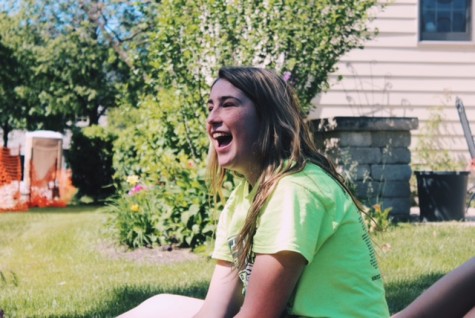
Madison Collins is a sophomore at York and is a reporter for the York-hi. Outside of the classroom, she is involved in Student Council, International Club,...



